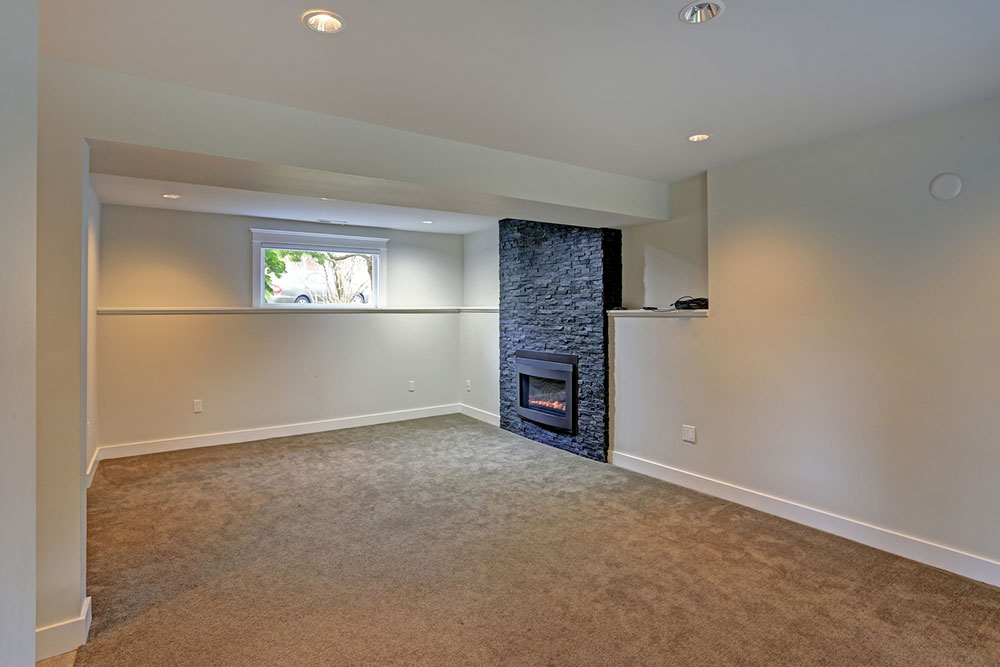5 common basement renovation mistakes to avoid

The basement is one room of the house that is often ignored. It usually ends up becoming a storage space for everything from extra exercise equipment to old clothes and cookware. Taking on a renovation project can help maximize this space, giving homeowners a better value for their money. However, this can be a laborious process with plenty of roadblocks on the way. Read on to learn about common basement renovation mistakes one should avoid.
Opting for wooden flooring
While wood looks fantastic in the rest of the home, it can spell disaster in the basement. This is because of the humid environment in the basement. When wood interacts with moisture, it could result in rapid mold and mildew growth, damaging the foundation of one’s home.
Therefore, one must opt for inorganic materials like tile or concrete to receive the best value for money. Additionally, keep a check on the moisture level in the basement. If it exceeds 60%, use a dehumidifier.
Ignoring soundproofing
Before beginning the basement renovation project, it is important to consider the intended use of the space. Is it going to become a home theater or a gym? Will it be used as a makeshift office or a meeting room? Each of these uses will have different requirements for blocking out sound so the rest of the home is not disturbed. Ponder over these details before beginning any renovation work in the basement.
Forgetting about lighting
Basements usually do not get enough sunlight. That is why it is important to have a lighting plan for the basement that corresponds well with its intended purpose. But don’t just stop at recessed lighting, as this can make the space feel cold and distant. For a well-lit basement, it is best to add a mix of lighting fixtures, such as high hats, downlights, can lights, track lighting, sconces, LEDs, and other forms of ambient lighting. This will ensure the basement remains well-lit when needed.
Not planning drainage and plumbing beforehand
Almost every basement in the country has faced water emergencies at some point. Many of these are caused by internal leaks and floods. Therefore, when renovating the basement, it is a good idea to consider the preparedness to handle such a water emergency. As the lowest point in the home, the basement is at the highest risk of flooding in case of an untoward incident.
To avoid major problems in the future, it is recommended to create a drainage and plumbing plan beforehand. One should ensure complete drain access from the basement and exercise caution while digging so no existing fixtures are damaged.
Not getting a proper permit
Every basement renovation in the country requires a proper permit. Skipping this step is not only illegal but also potentially dangerous. The permits help ensure that the job meets all safety standards and follows the municipal code. Before starting any renovation project, one should speak to the local authorities to get all relevant permits and approvals. This can be handled personally or via one’s contractor. If certain aspects of the renovation do not meet the current standards, they will need to be fixed before moving forward with the project.






